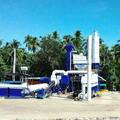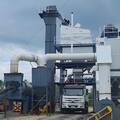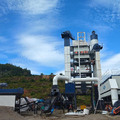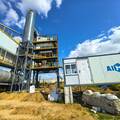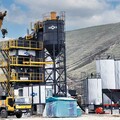The ready-mix concrete (RMC) plant industry plays a crucial role in the construction sector, particularly in developing countries like Bangladesh, where rapid urbanization and infrastructure development are key drivers of economic growth. However, the cost of setting up and operating a ready-mix concrete plant in Bangladesh can be influenced by various factors, including local regulations and market conditions. Understanding these elements is essential for construction businesses, investors, and stakeholders who want to navigate the complexities of the RMC plant market efficiently.
In this article, we will explore how local regulations and market conditions affect the rmc plant cost in Bangladesh, shedding light on the challenges and opportunities within this growing market.
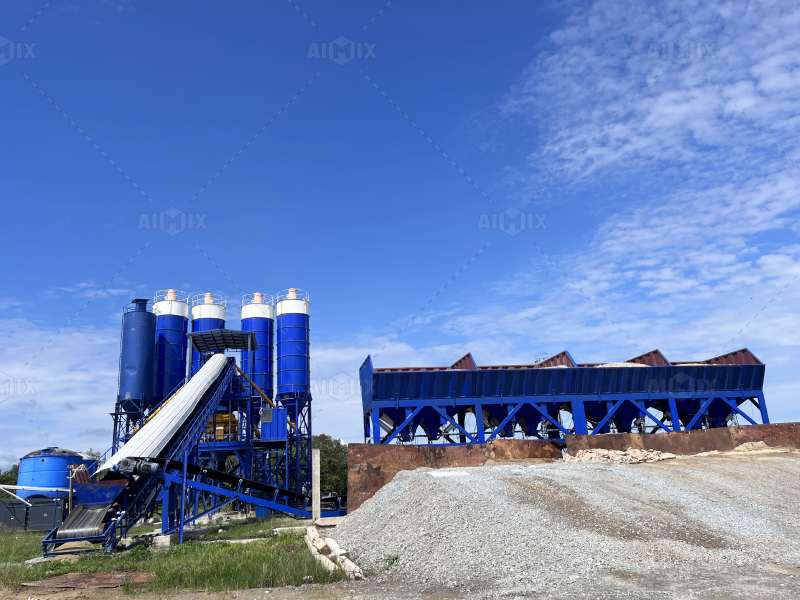
1. Impact of Local Regulations on RMC Plant Cost
A. Licensing and Permits
In Bangladesh, establishing a ready-mix concrete plant involves securing various licenses and permits from local authorities. These licenses are essential for ensuring that the plant complies with national standards, environmental regulations, and safety norms. The process of obtaining permits can be time-consuming and expensive, which contributes to the overall cost of the plant. These include:
- Construction Permits: Before setting up the plant, the company must obtain permits to build infrastructure like batching facilities, storage areas, and vehicle access roads.
- Environmental Clearances: Environmental regulations ensure that RMC plants meet standards for emissions, waste disposal, and noise control. This can include the installation of dust control systems, water recycling plants, and measures to minimize air pollution.
- Safety Standards: Safety regulations must be adhered to, especially concerning worker safety, machinery operation, and plant maintenance. These regulations can add costs in the form of safety equipment, training, and periodic inspections.
The local government's focus on environmental sustainability and worker welfare can significantly impact the overall investment required to establish a ready-mix concrete plant in Bangladesh.
B. Taxation Policies
Taxation plays an essential role in determining the cost of ready-mix concrete plants. In Bangladesh, taxes on industrial equipment, machinery imports, and fuel can increase initial capital costs. Additionally, local taxes such as VAT and corporate tax rates can add to the overall operational costs. Any changes in tax policies, such as increased taxes on raw materials or machinery, can affect both the setup cost and the ongoing operational expenses.
C. Regulatory Compliance Costs
Bangladesh’s government has imposed stricter regulatory compliance requirements to improve the quality of construction materials and protect public health. This includes regular inspections and certifications to verify that the concrete produced meets national standards. Compliance with these regulations often leads to higher operational costs for RMC plants, as they must invest in quality control measures, laboratory testing, and regular audits.
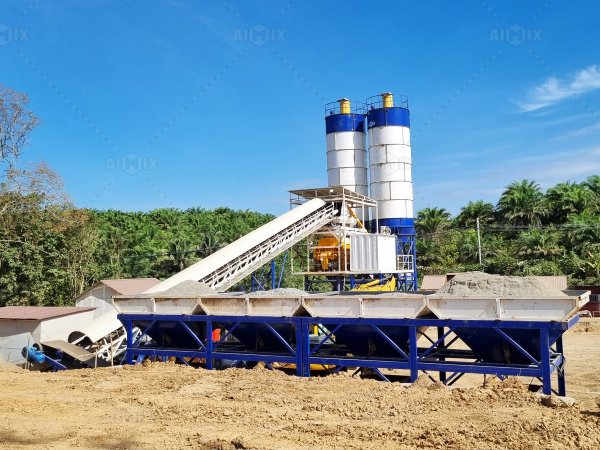
2. Market Conditions and Their Effect on RMC Plant Cost
A. Raw Material Costs
The cost of raw materials, such as cement, aggregates, and water, is one of the primary factors affecting the cost of a ready-mix concrete plant in Bangladesh. Fluctuations in the prices of these materials can directly impact the cost of concrete production and, consequently, the pricing of ready-mix concrete for customers.
In Bangladesh, the availability of raw materials such as sand, gravel, and aggregates can be influenced by factors such as transportation costs, supply chain disruptions, and changes in import tariffs. Moreover, cement prices can fluctuate due to changes in production costs, transportation, and demand. These market conditions often lead to variability in the production costs of ready-mix concrete, making it challenging for RMC plant owners to maintain consistent pricing.
B. Labor Costs
Labor costs in Bangladesh also play a significant role in determining the cost structure of RMC plants. The need for skilled labor, such as machine operators, quality control experts, and safety personnel, is essential for the smooth operation of the plant. However, labor costs can vary based on local wage rates, labor availability, and training expenses.
In some regions of Bangladesh, skilled labor may be in short supply, which can drive up wages and increase the overall operating cost of the plant. On the other hand, local labor markets with an abundant supply of skilled workers may lower costs, making it more affordable for RMC plants to operate efficiently.
C. Fuel and Energy Costs
Energy costs, particularly for electricity and fuel, are vital to the operation of an RMC plant. Diesel or natural gas is typically used for running equipment like mixers, batch plants, and other machinery. Bangladesh's energy market is heavily reliant on imported fuel, and fluctuations in global oil prices can cause volatility in fuel prices, which impacts operational costs for RMC plants.
Additionally, electricity supply issues and power shortages in some regions of Bangladesh can lead to unanticipated operational downtime, which increases overall costs. In response, some plants may invest in alternative energy solutions, such as solar power or backup generators, which add to initial costs but can reduce reliance on the national grid.
D. Competition and Demand for Ready-Mix Concrete
The level of competition in the local ready-mix concrete market also plays a significant role in influencing pricing strategies. In cities like Dhaka and Chittagong, where construction projects are booming, there is a high demand for ready-mix concrete. In such competitive markets, RMC plant owners may need to reduce their prices to stay competitive, which can erode profit margins.
However, in less urbanized regions where construction activity is lower, the demand for ready-mix concrete may not be as strong. In these areas, RMC plant owners may struggle with low demand and higher fixed costs, leading to a higher cost per unit of concrete produced. Therefore, market conditions, including demand fluctuations and competition, directly affect the pricing of RMC plants.
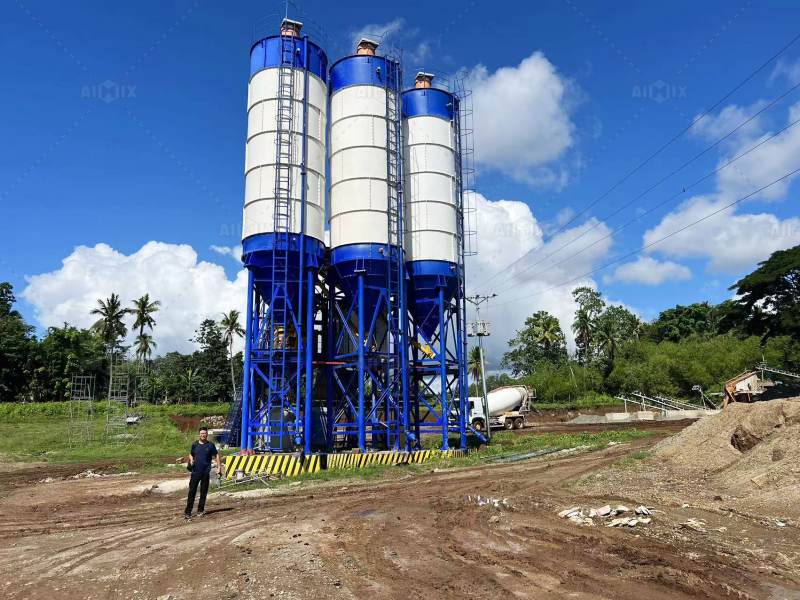
3. Financing and Investment Costs
Financing is another critical aspect affecting the cost of ready-mix concrete plants. Local financial institutions in Bangladesh may offer loans and financing options for setting up RMC plants, but interest rates and loan terms can vary. High interest rates can increase the overall cost of plant investment, which could deter potential investors. Additionally, currency fluctuations and inflation rates can impact the cost of financing and the overall budget for setting up an RMC plant.
Conclusion
The cost of setting up and operating a ready-mix concrete plant in Bangladesh is influenced by a range of factors, primarily local regulations and market conditions. Compliance with local regulations, including licensing, safety, and environmental standards, can increase both the initial setup cost and ongoing operational expenses. Market conditions, such as the fluctuating prices of raw materials, labor costs, and energy prices, also play a vital role in determining the cost structure of RMC plants. Additionally, competition and demand for ready-mix concrete can influence pricing strategies, impacting the profitability of RMC plant owners.
For businesses looking to establish a ready mix concrete plant in Bangladesh, understanding these factors and navigating the local regulatory environment and market conditions is essential for making informed decisions that ensure long-term success and profitability in the ready-mix concrete sector.

